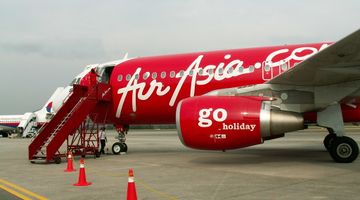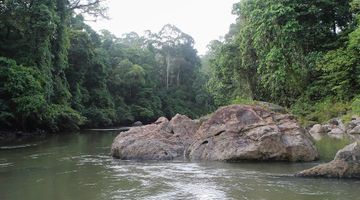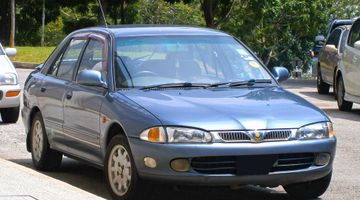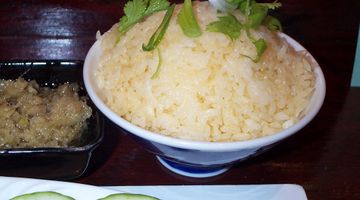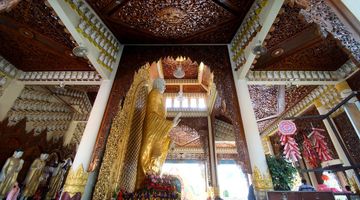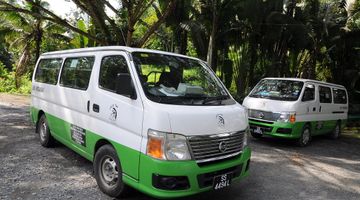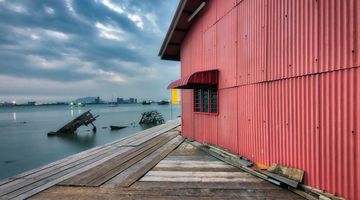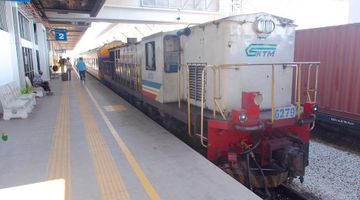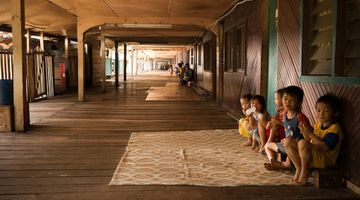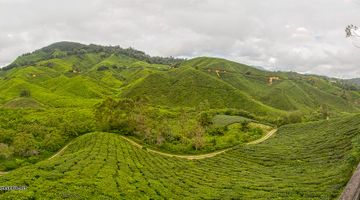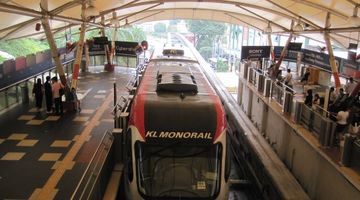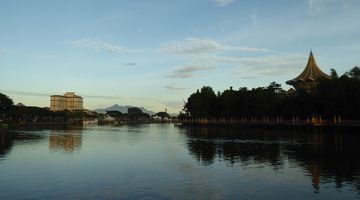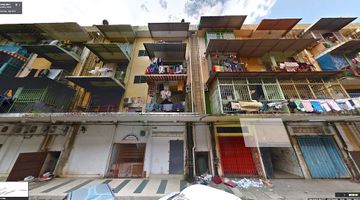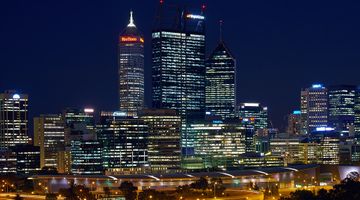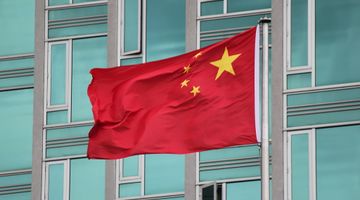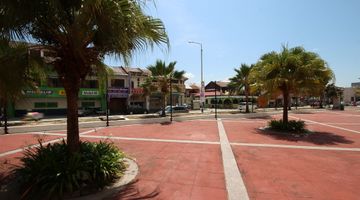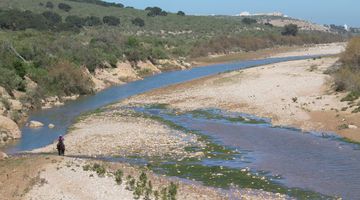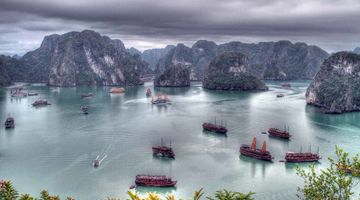Safe Travel in Malaysia
Malaysia welcomes around 25 million tourists a year which just proves its appeal. However, despite its paradise beaches and exotic jungles, it is always prudent to be aware of general foreign travel advice, including potential political unrest, natural disasters, and any tropical diseases.
Is Malaysia a safe place to visit?
Overall, Malaysia is a safe place to visit, but in the recent years the most notable risks where safety is concerned is in the Sabah province, on Borneo East Malaysia.
In 2013 a group of pirates from the Sulu archipelago in the Philippines encroached on Malaysian territory resulting in kidnappings and fatalities. While this was a few years ago now, there are potential echoes of terrorism in the area, and the threat of kidnappings along the eastern coast of Sabah from Kudat to Tawau, including Sandakan, Lahad Datu, Kunak and Semporna; as well as the popular offshore islands and dive sites Sipidan and Mabul.
Off the coast, it is wise to avoid chartering boats yourself but if you do, make sure you abide by any curfews at night. Malaysian security forces have strengthened their presence in the Sabah area, but if you see anything suspicious report it straight away.
Crimes and scams
In terms of petty crimes and scams, Malaysia is far below the worst in South East Asia, but being a tourist or traveller, you are more of a target by nature, so it is always a good idea to keep your belongings where you can see them and leave any valuables locked up in your hotel, or hostel.
We always urge people to use their common sense, too, when walking down the street. Don’t attract attention to yourself by walking around in expensive jewellery, and try not to carry your phone in your hand where it could potentially be snatched right off you.
Transport related safety issues
There have been some incidents of people riding scooters and stealing people’s handbags – ‘snatch and grab’ – as they walk down the street.
If you want to take a taxi, make sure you ask the driver to turn the meter on to avoid being scammed when you pay, or use an app such as Uber to get a fixed price.
At airports, it common to use a taxi coupon scheme, but elsewhere be vigilant of fake coupons.
When travelling on public transport, or visiting any busy tourist hot-spot, make sure you don’t carry anything in your pockets where it could easily be pilfered by a sly hand and a distraction tactic.
Shopping fake goods
It might also be very tempting to buy fake designer bags and sunglasses from market vendors so make sure you haggle or shop around first for the best price. And remember, as much as they might tell you it is real – it’s not! The same goes for buying smartphones or other electronics. While they might have the brand logo, it is very likely they are counterfeit, or at the very best second-hand repairs. So be very careful when handing over any money that you know what you’re getting.
Don’t forget, if you are a victim of any crime, head to a police station straight away to report it.
Money
Where money is concerned, many people like to arrive in Malaysia with their Malaysian Ringgit (the local currency) already converted, either in the airport or at a travel exchange at home, but if you arrive without and need to get more during your stay, there are plenty of ATMs in the cities should you need to withdraw money in situ. When using ATMs make sure you cover your pin and be wary of any suspicious behaviour of those around you. It’s also advisable to take out a larger amount in advance if you are visiting more rural areas as the smaller towns might not have ATMs or credit card machines.
Rules of behaviour
Malaysia is a predominantly Muslim country, so you must respect their religion, laws, and customs, especially when it comes to dress and behaviour. Women should wear modest clothing that covers their shoulders and knees – especially in places of worship. You must remember also that public displays of affection are not encouraged and should be kept private, and homosexual acts are illegal and punishable by law.
Malaysia also practices Ramadan, one of the most important festivals of the Islam faith, which falls during 4 weeks in the summer months. During this holy month, Muslims abstain from any eating, drinking, or smoking from dawn until dusk. Non-Muslim visitors to Malaysia should therefore respect the fast and avoid eating, drinking, chewing gum, and smoking in public to respect this holy period.
Some restaurants might close during this time, and those open might ban the sale of alcohol entirely. You should plan your travel to Malaysia accordingly if you think this will affect you.
Drugs
By law, drug taking is illegal and it is an offence to be caught, resulting in serious consequences such as the death penalty for trafficking, or possible whipping for possession. Needless to say, do not get involved with anything – you are a guest in their country and will not be favoured should you be caught on the wrong side of the law. If you appear to be under the influence upon arrival in Malaysia, you could be subject to a urine test and should it test positive, you would either be deported or sent for rehabilitation.
Health issues
When planning your trip to Malaysia, you should be aware of any tropical diseases and visit your doctor 4-6 weeks before you travel to see whether you might need any vaccinations (Hep A and Typhoid boosters) or to take other precautions.
Like most of South East Asia, you are advised not to drink the tap water in Malaysia so we suggest travelling with your own purifier, or buying bottled water instead to avoid waterborne stomach bugs.
Malaysia is a country classified with the risk of the Zika virus so pregnant women should avoid travel, if possible, as Zika is transmitted through mosquito bites (as well as sexual transmission). Tourists and travellers should be wary of mosquito bites in general as they also potentially carry malaria and dengue. You can prevent mosquito bites by wearing a strong mosquito repellent (sometimes best bought in your home country as the Malaysian repellents have a lower percentage of DEET) and covering up with long sleeves and trousers or leggings after dusk. Should you feel any of the symptoms of dengue or malaria such as a fever, headache, joint or muscle pain, seek medical attention immediately.
Insurance
Your travel insurance might cover any visits to the doctor or a hospital when you’re in Malaysia, but if it doesn’t you can look to pay around MYR235 for a consultation. Private hospitals are recommended for tourists and travellers for the best care and shortest waiting times, as well as having good English speaking doctors, however, the overall the standard of healthcare in Malaysia ranks top 50 in the world according to the World Health Organization's report.
